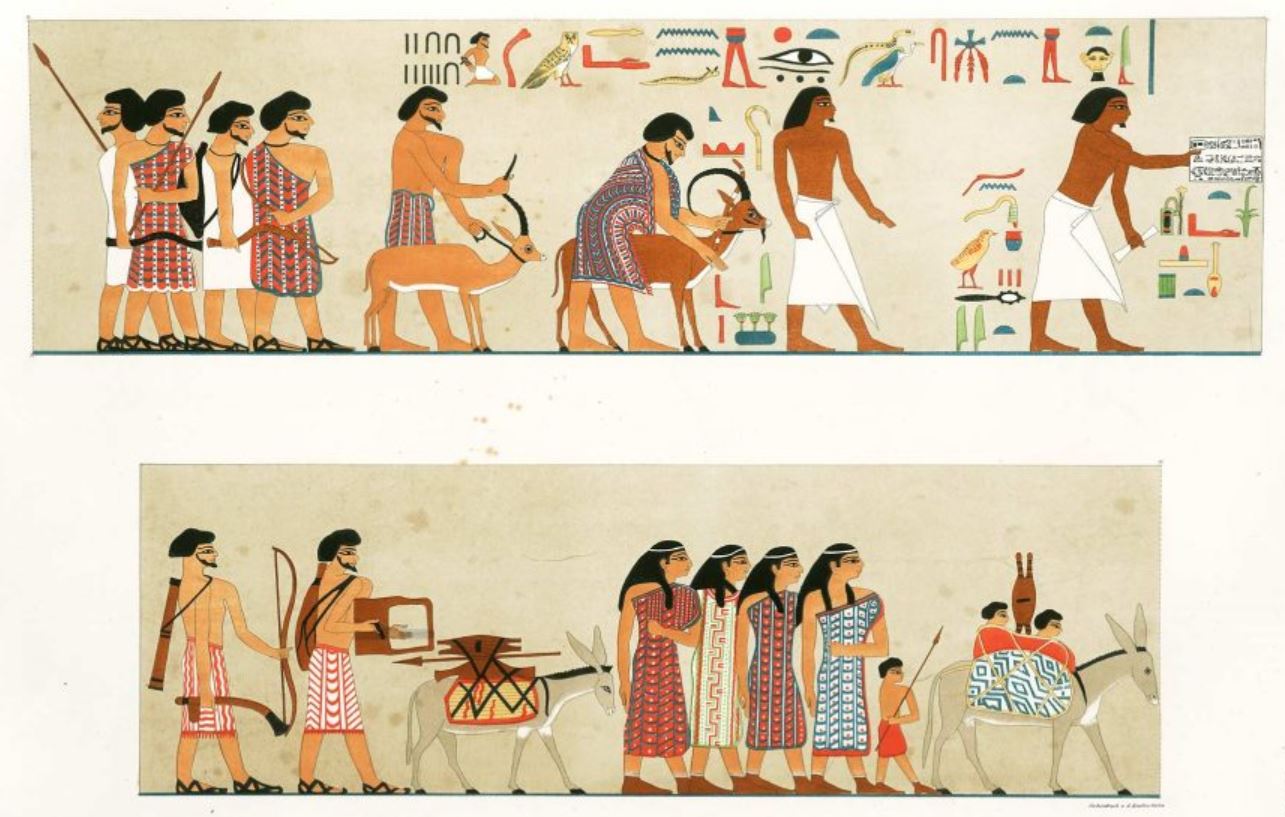In this class, we embark on a one-thousand year journey to uncover how Sephardic Jews transformed the world and played an instrumental role in major global movements, revolutionary scientific discoveries, and even the establishment of the United States of America!
We explore how Sephardic Jewish communities differ from Ashkenazi Jewish communities, and which unique trends and thoughts characterized Sephardic Judaism throughout history.
Please see also ‘What Does It Really Mean to be Sephardi?’
For the class about Feminism and Judaism that was referred to, see here.
On the Rambam and the Karaites, see here.
On the Donmeh and the Father of Modern Turkey, see here.
For more on the Zohar’s prophecy of Seven Continents, see here.
For more on the Zohar’s prophecy of the special year 1648, see here.
For short bios on the great figures discussed in this class:
Avraham bar Chiya haNasi
Ibn Ezra
Maimonides
Abraham Zacuto
Chaim Vital
Moshe Chaim Luzzatto
Yehuda Alkali
Moses Montefiore

